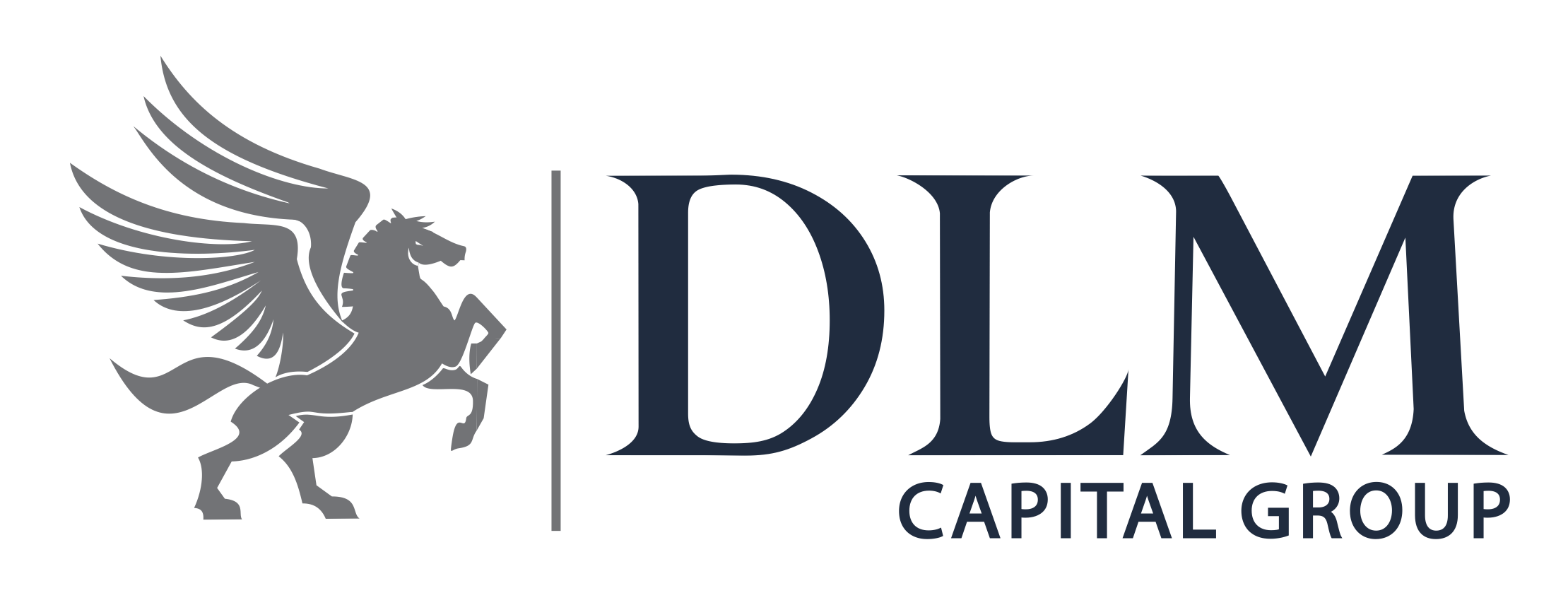- Apapa Gridlock Delays N85m Solid Minerals Export
The persistent difficulty in accessing the nation’s major seaport, Apapa, is taking its toll on movement of non-oil exports and may affect the earnings for this year, investigation by our correspondent has revealed.
It was gathered that on the average, 15-container load of solid minerals, valued at $18,500 each is expected to be exported every month.
But since the beginning of April, half of the containers have been in the queue along the road to Apapa, unable to access the port.
The situation, according to the Chairman of the Export Group, Lagos Chamber of Commerce and Industry, Mr. Bamidele Ayemibo, has affected loading of fresh cargoes because the trucks that are supposed to pick the cargoes are in the queue waiting to enter the port and discharge the cargoes.
Agricultural and other fragile exports are said to be faring very badly as the length of time spent in the queue to get into the ports does a lot of damage to the freshness and market value of the products.
The President, Federation of Agricultural Commodities Association of Nigeria, Dr. Victor Iyama, said, “The situation has been having huge and negative impact on the earnings of operators.
“Goods that are supposed to spend two weeks in Nigeria before being exported end up spending as long as seven weeks and by the time they get to the port, they cannot be exported. The value of the goods is already gone by the time they get out and buyers would not buy them.”
When asked about the volume of goods the sector targeted to export this month, Iyama said the operators were not even looking at meeting any target but to just get their goods out.
“I pray there will be a solution to the problem because it is really impacting negatively on our earnings and the costs are becoming too high for us,” he said.
“It is a complete setback to trading across borders and the ease of doing business; trucks spend weeks to access and exit the ports, which results in delays and rejection of most of the fragile export products at the international markets,” the President, National Council of Managing Directors of Licensed Customs Agents, Mr. Lucky Amiwero said.
He added, “The Nigerian Ports Authority is no more in port operation; the percentage collected from the seven per cent Port Development Levy should be used for the development of the trailer parks and port access roads. ”
Ayemibo fears that non-oil export earnings from Nigeria may witness a sharp drop this year as a result of the situation.
The condition of the Apapa Wharf access road has always constituted a challenge to the movement of people and goods to and from the ports.
Worried about this trend in an environment where the Nigeria Customs Service reportedly generates N4bn for the government on a daily basis, the government embarked on a Public Private Partnership arrangement aimed at rehabilitating the main access road.
In June 2017, the NPA, Flour Mills of Nigeria and Dangote Group entered into an agreement to jointly repair the Wharf/Apapa road.
The project which has been ongoing for the past eight months necessitated closing one part of the road.
The result has been long queues of trucks lining the bridges and Ikorodu access road up to Fadeyi for weeks while waiting to enter the port.
Owners of trucks, according to Ayemibo, have responded to the situation by jerking up the cost of hiring the vehicles.
“Whereas we used to pay between N120,000 and N180,000 to load trucks from Ikorodu, now we pay more than N200,000,” he said.
Currently, warehouses in the country are reportedly flooded with goods meant for exports due to unavailability of trucks.
The stakeholders are praying that the situation would improve soon and the contractors, including the Dangote Group, have promised that the road work would be completed in June.
Already, one side of the road has been repaired and opened for movement and the situation is not quite as bad as when construction work started.
The government has also been mobilising traffic control officers and members of armed forces to control the traffic in the area.


 Forex4 weeks ago
Forex4 weeks ago
 Naira4 weeks ago
Naira4 weeks ago
 Billionaire Watch3 weeks ago
Billionaire Watch3 weeks ago



 Naira4 weeks ago
Naira4 weeks ago






 Naira3 weeks ago
Naira3 weeks ago


 Naira2 weeks ago
Naira2 weeks ago






 Naira2 weeks ago
Naira2 weeks ago


 Naira2 weeks ago
Naira2 weeks ago





















